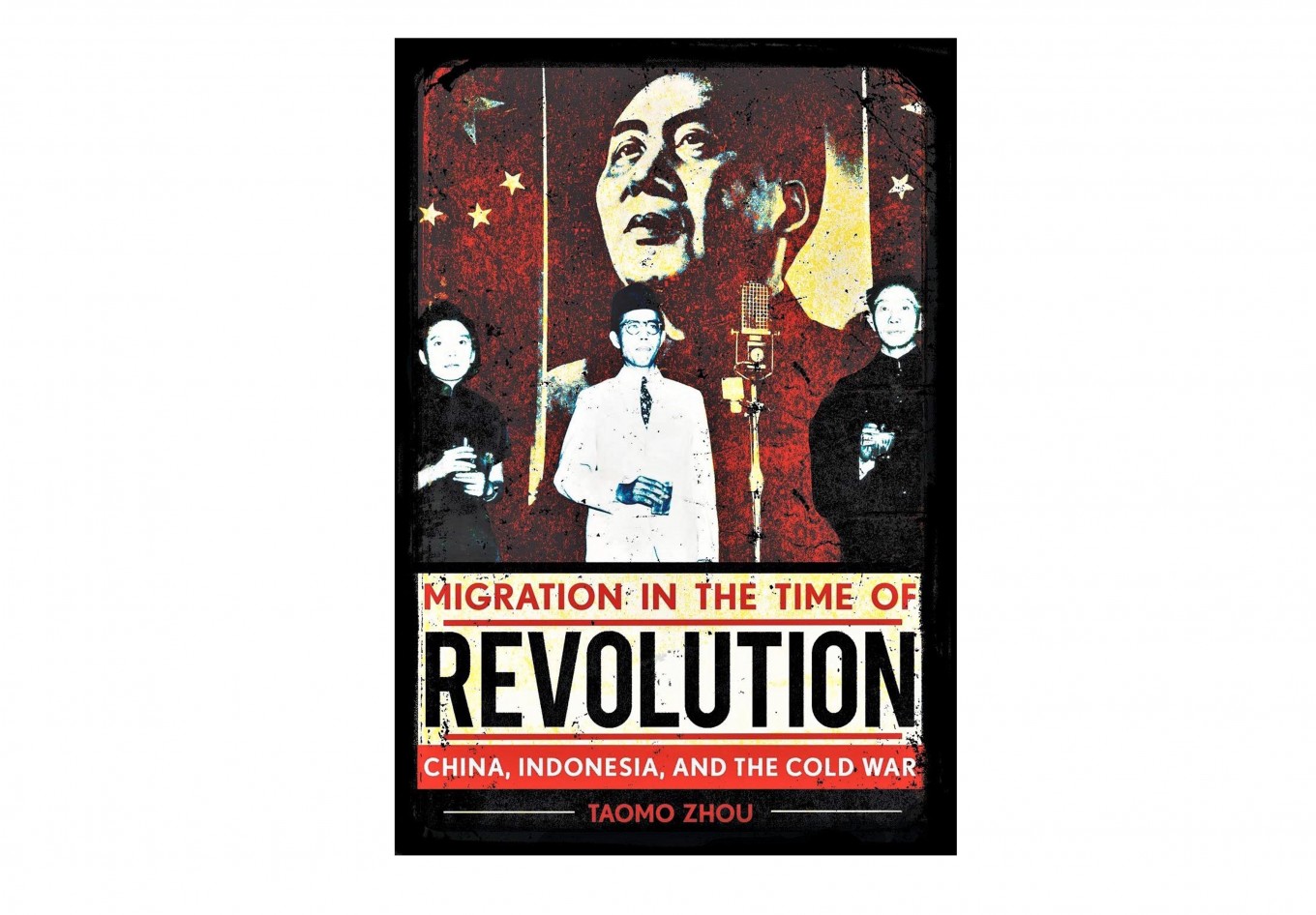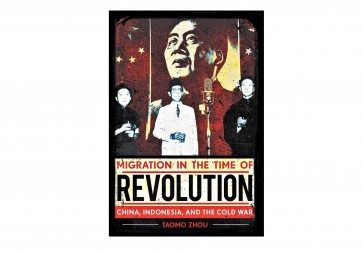Popular Reads
Top Results
Can't find what you're looking for?
View all search resultsPopular Reads
Top Results
Can't find what you're looking for?
View all search results‘Migration in the Time of Revolution’: Ba Ren, the spy who came into the fold
Apart from a few old survivors of last century’s left-wing purges and a short bookshelf of historians, Ba Ren’s name would puzzle Indonesians. Yet his complex story as disclosed in Taomo Zhou’s book Migration in the Time of Revolution is so extraordinary.
Change text size
Gift Premium Articles
to Anyone
Ba Ren’s name will likely puzzle Indonesians, yet his complex story is so extraordinary it warrants an arena of readers.
Thanks to historian Taomo Zhou from Singapore’s Nanyang Technological University who accessed previously secret files in Beijing, now unfortunately closed, we have many details in her book Migration in the Time of Revolution, though gaps remain.
Ba Ren’s experiences were complicated by the equivocal way pribumi (native-born) Indonesians viewed the ethnic Chinese — even third generation or beyond who only spoke local languages and had never been to the mainland.
These are peranakan (descendent) as opposed to the China-born totok (recent immigrant).
To liberals, they were part of society’s rich mix. But for narrow nationalists seeking to split communities, the ethnic Chinese have been an ideal tool for the malevolent to create discord.
Second president Soeharto exploited this dichotomy by persecuting lower-and middle-class Chinese and passing discriminatory laws while using the rich elite to make money.
Ba Ren was born Wang Renshu in the eastern coastal province of Zhejiang but called himself Common Man, a clear misnomer for he was a gifted revolutionary.



















